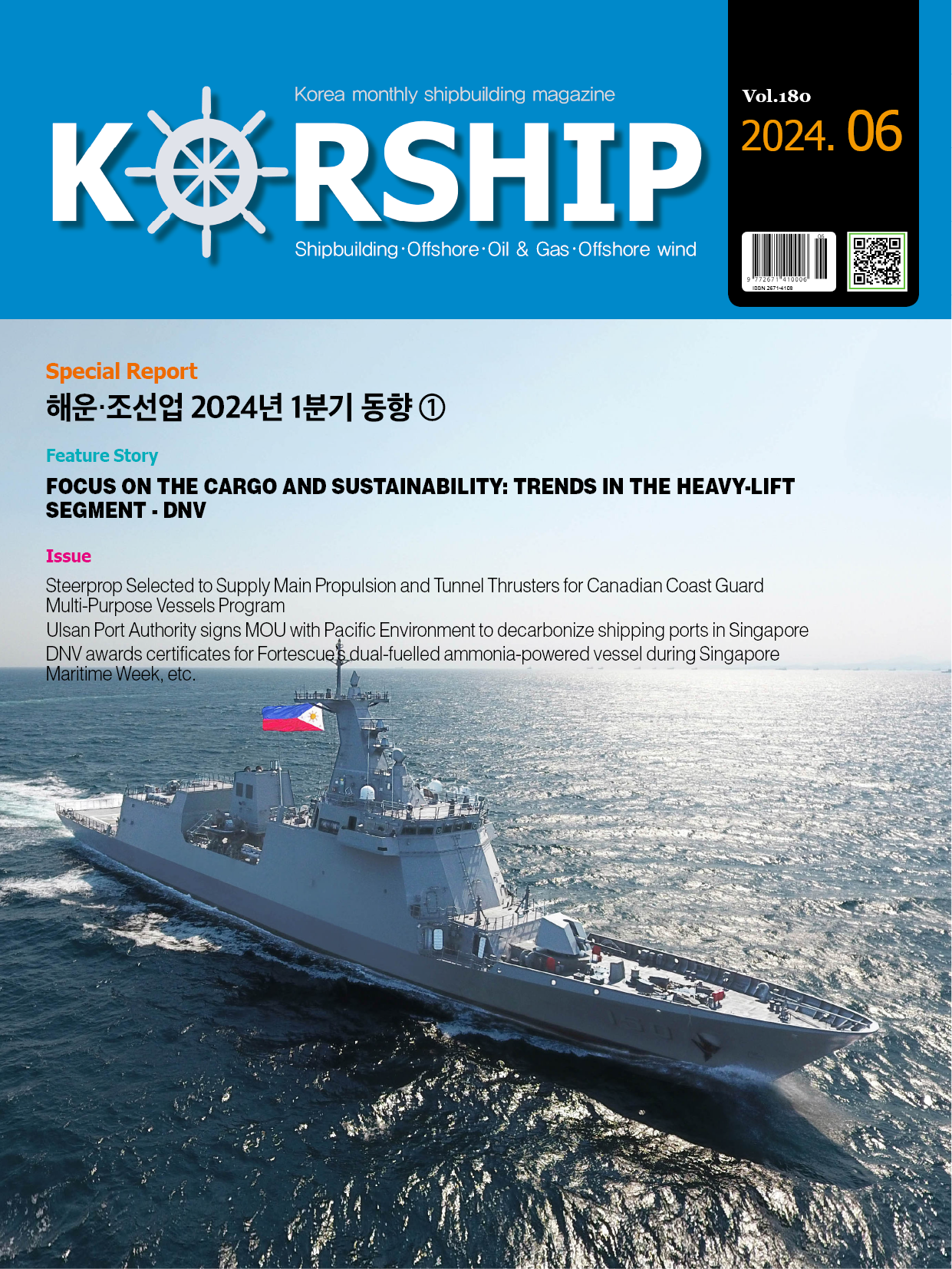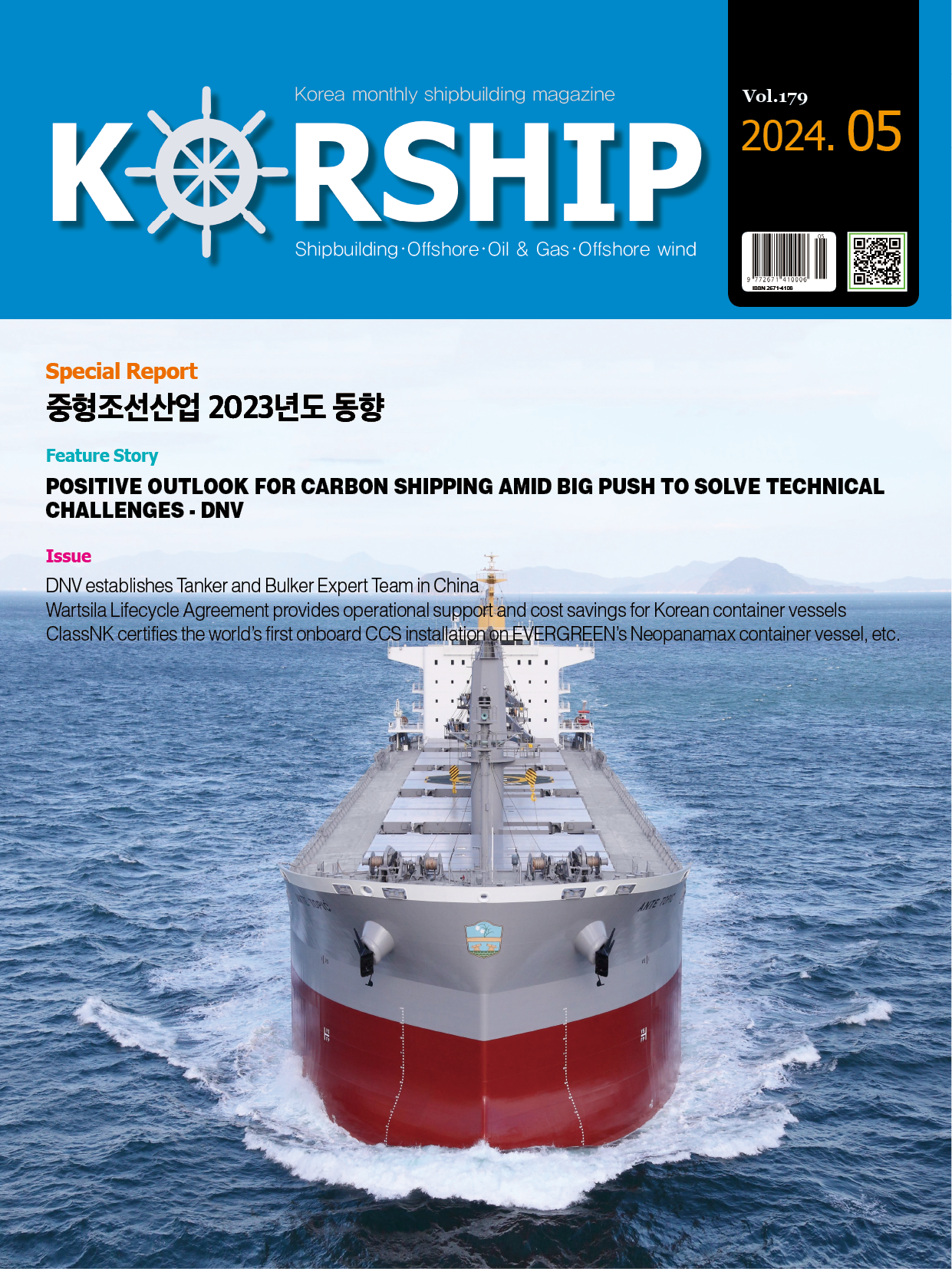Issue More oversight on fire safety needed
페이지 정보
작성자 최고관리자 댓글 0건 조회 933회 작성일 24-07-16 15:38본문
Global Survival Technology solutions provider Survitec has highlighted the dangers of inadequate maintenance, testing, and inspection of ship fire safety systems in a new white paper, which points to an alarming increase in fire-safety-related deficiencies found during Port State Control Inspections and subsequent ship detentions.
In a white paper released at the Posidonia tradeshow today, Survitec highlights that fire continues to be a leading cause of major shipping incidents, accounting for over 20% of total losses, and the most expensive cause of marine insurance claims. While the highest level of fire safety deficiencies in a decade was recorded by the Paris MoU in 2022, and the Tokyo MoU also reported an increase in detentions, with a staggering 15,562 deficiencies reported in 2023.
Survitec has found that the economic downturn and the emphasis on cost reduction post-COVID have negatively impacted fire safety, with some shipowners and operators maintaining and inspecting safety equipment themselves in an attempt to save costs.
As Yohannes explains, “We’re finding basic errors and oversights that do not become apparent until either the ship fails an inspection and is detained – or there is a fire.”
He quotes an example. Survitec was called out to a vessel after an engine room fire. The crew had managed to extinguish the fire but suspected there was a fault with their high expansion foam firefighting system. The cause of the fault was a blockage in the system. The crew had installed a new foam pump and forgotten to remove one of the protective caps from the inlet.
Survitec also finds wrong parts being used or poorly fitted, or low-quality parts that deteriorate rapidly and fail. For example, in CO2 firefighting systems, hydraulic hoses are often mistaken for high-pressure hoses but they are not designed for CO2 applications and may burst under pressure.
The white paper highlights an incident involving a bulk carrier. The vessel had completed a fire safety inspection and received full certification from a local service provider. Shortly after leaving port, a fire broke out in the engine room. Over half of the cylinders failed to activate despite the CO2 system having been inspected and approved. While the fire was eventually extinguished, it caused significant damage to the vessel, resulting in off-hire and repair costs estimated between $2-3 million USD.
Yohannes states, “The development and introduction of alternative fuels, including the use and transportation of lithium-ion batteries, brings new fire risks and safety challenges that can’t be ignored. Fire systems and equipment must be maintained and tested as mandated by SOLAS, the IMO and the FSS code.












